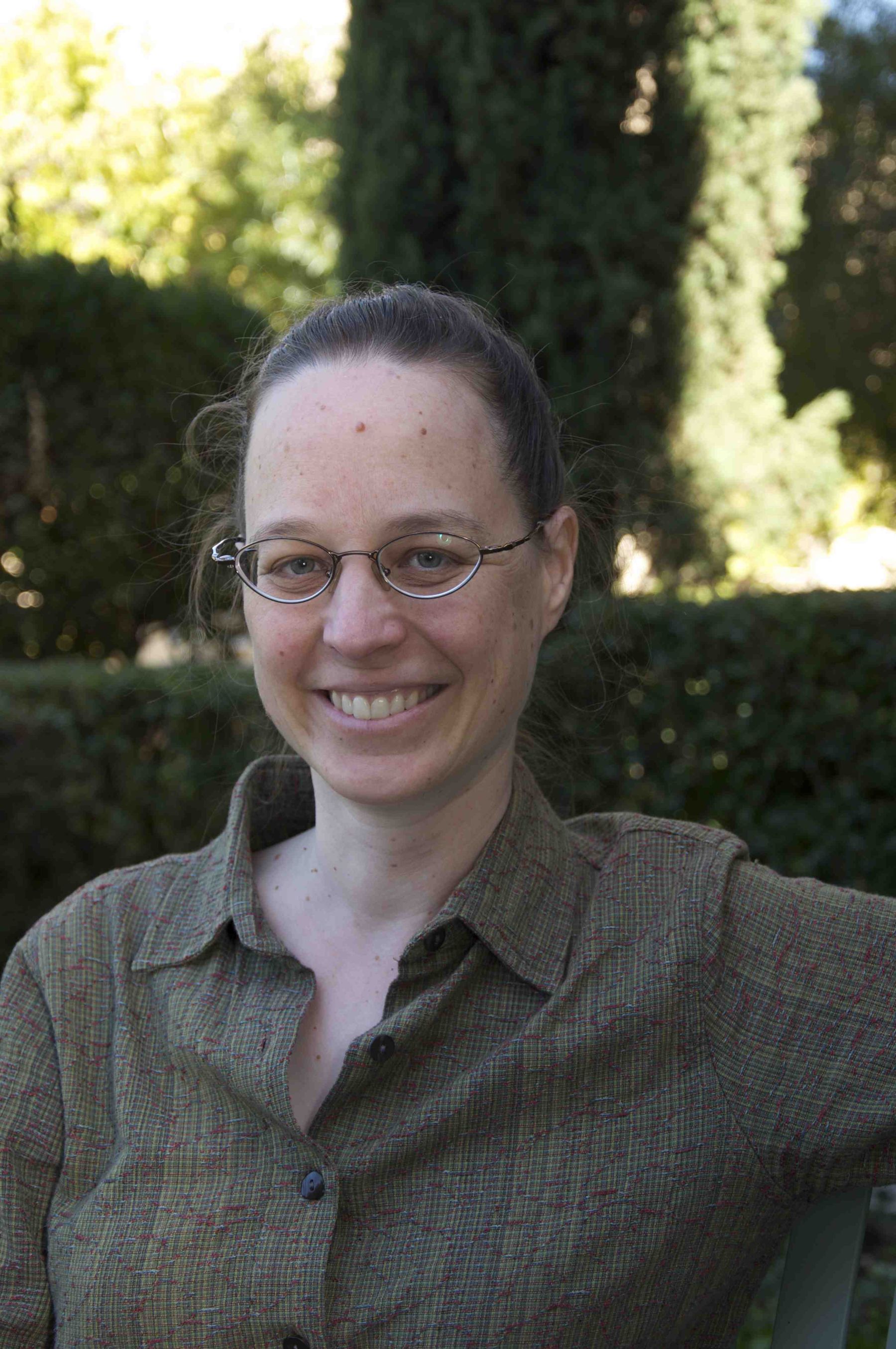Eleanor Rieffel, NASA Quantum Artificial Intelligence Laboratory, Utilizing NISQ devices for evaluating quantum algorithms

Speaker
Eleanor Rieffel
Director
NASA Quantum Artificial Intelligence Laboratory
Bio
Eleanor G. Rieffel leads the Quantum Artificial Intelligence Laboratory at the NASA Ames Research Center. She joined NASA Ames Research Center in 2012 to work on their expanding quantum computing effort, after working at FXPAL where she performed research in diverse fields including quantum computation, applied cryptography, image-based geometric reconstruction of 3D scenes, bioinformatics, video surveillance, and automated control code generation for modular robotics. Her research interests include quantum heuristics, evaluation and utilization of near-term quantum hardware, fundamental resources for quantum computation, quantum error mitigation, and applications for quantum computing. She received her Ph.D. in mathematics from the University of California, Los Angeles. She is best known for her 2011 book Quantum Computing: A Gentle Introduction with coauthor Wolfgang Polak and published by MIT press.
Abstract
With the advent of quantum supremacy, we have an unprecedented opportunity to explore quantum algorithms in new ways. The emergence of general-purpose quantum processors opens up empirical exploration of quantum algorithms far beyond what has been possible to date. Challenging computational problems arising in the practical world are often tackled by heuristic algorithms. While heuristic algorithms work well in practice, by definition they have not been analytically proven to be the best approach or to outperform the best previous approach. Instead, heuristic algorithms are empirically tested on benchmark and real-world problems. With the empirical evaluation NISQ hardware enables, we expect a broadening of established applications of quantum computing. What to run and how best to utilize these still limited quantum devices to gain insight into quantum algorithms remain open research questions. We discuss opportunities and challenges for using NISQ devices to evaluate quantum algorithms, including in elucidating quantum mechanisms and their uses for quantum computational purposes, in the design of novel or refined quantum algorithms, in compilation, error-mitigation, and robust algorithms design, and in techniques for evaluating quantum algorithms empirically.